Unleashing the Potential of Artificial Intelligence: A Glimpse into the Future
Artificial Intelligence (AI) has already begun to reshape our world in profound ways, and its impact is poised to grow exponentially in the coming years. From enhancing marketing strategies to revolutionizing healthcare, AI is transforming industries across the board. In this article, we will delve into the ways AI is changing the business landscape and society as a whole, while also examining expert predictions for the future of this groundbreaking technology.
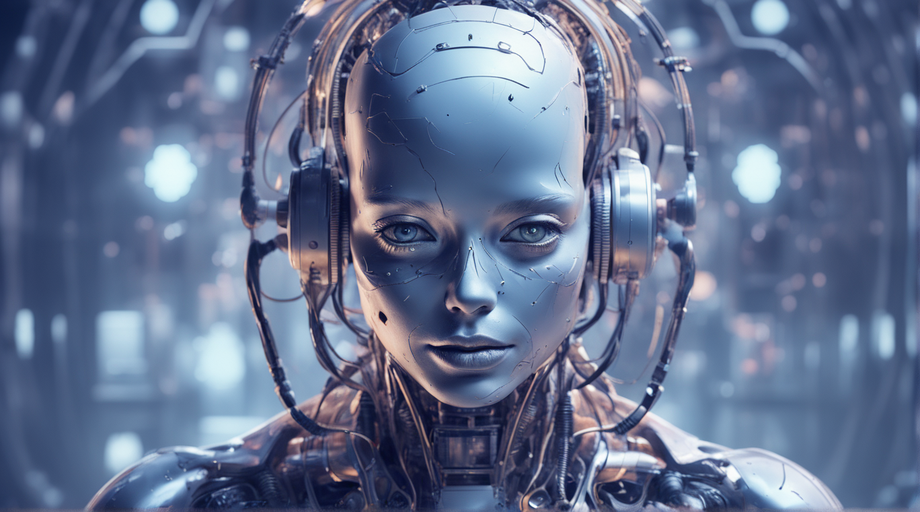
The Rise of Voice Technology and its Impact on SEO
In recent years, voice technology has experienced a significant rise in popularity. With the introduction of virtual assistants like Siri, Alexa, and Google Assistant, more and more people are using voice commands to search for information, make purchases, and complete various tasks. This shift in consumer behaviour has had a profound impact on search engine optimization (SEO) strategies. Traditionally, SEO has focused on optimizing websites for text-based searches entered through keyboards. However, with the rise of voice technology, SEO professionals need to adapt their strategies to cater to voice-based searches as well. Voice searches tend to be more conversational and longer in nature, with users asking questions instead of typing in keywords. To optimize your website for voice searches, it is crucial to understand the nuances of how people use voice technology. Analyzing the types of queries users are making through voice assistants and incorporating long-tail keywords and natural language into your content can greatly enhance your visibility in voice search results. Additionally, voice searches are often location-based, as users frequently ask for nearby businesses or services. Optimizing your website for local SEO, including the use of location-specific keywords and ensuring your business information is accurate and up-to-date, can help you capture voice-based local search queries. Furthermore, optimizing your website for mobile devices is essential, as the majority of voice searches are performed on smartphones. Ensuring your site is mobile-friendly and has fast loading times can significantly impact your rankings in voice search results. As voice technology continues to evolve and become more integrated into our daily lives, it is vital for businesses to recognize the importance of voice SEO. By adapting your SEO strategies to embrace voice-based searches, you can unlock the power of voice and stay ahead in the ever-changing digital landscape.
AI's Impact on Diverse Industries
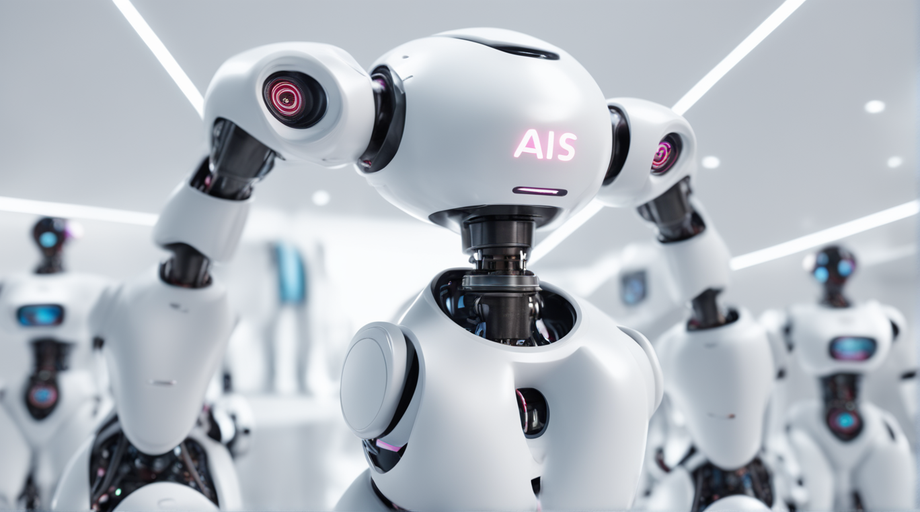
AI is not confined to a single domain; it’s a transformative force touching every sector of our economy.
Transportation: AI is ushering in the era of autonomous vehicles. Although there are hurdles to overcome, self-driving cars could soon become a reality, changing how we commute and transport goods.
Education: AI is digitizing education, from creating virtual tutors that can understand students’ emotions to assisting human instructors in providing personalized learning experiences. The future of education will be more accessible and tailored, thanks to AI.
Manufacturing: AI-powered robots are collaborating with humans in manufacturing, improving efficiency and precision. Predictive analysis sensors ensure equipment operates seamlessly, reducing downtime.
Healthcare: AI’s integration empowers doctors to predict and diagnose diseases with remarkable accuracy. Applications range from drug discovery to virtual nursing assistants, promising better patient care and outcomes.
Media: In journalism, AI is streamlining tasks by quickly analyzing complex data and simplifying manual processes. It’s transforming how news is produced and consumed.
Customer Service: AI chatbots are enhancing customer experiences by efficiently handling inquiries and making appointments. This not only improves customer satisfaction but also streamlines businesses’ operations.
However, these achievements are only the beginning. The AI revolution is still unfolding, with experts predicting even more profound changes on the horizon.
The Ongoing AI Revolution
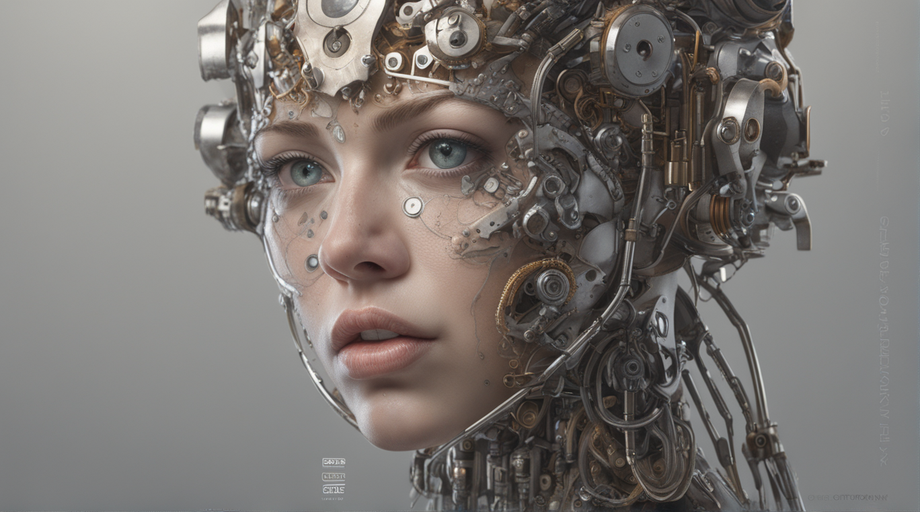
Major tech players like Microsoft, Apple, Google, and Amazon are pouring billions into AI research and development. Universities are incorporating AI into their curricula, emphasizing its importance in shaping the future. These investments and commitments underscore the certainty of significant AI advancements.
In an interview with ZDNet, Andrew Ng, founder and CEO of LANDING AI, highlighted that we are currently in the “eternal spring” of AI. Businesses are actively integrating AI tools into their operations, setting the stage for a future where humans and AI collaborate seamlessly.
AI's Impact on Society
Addressing concerns about AI’s far-future potential, it’s essential to clarify that AI is designed to complement human capabilities rather than replace them. Stuart Russell, a prominent AI researcher, emphasizes that achieving human-level AI requires numerous breakthroughs and that AI should work alongside humans.
The Future of AI: Expert Insights
To gain more insight into AI’s future, let’s turn to a survey conducted by Oxford University’s Future of Humanity Institute. The survey, titled “When Will AI Exceed Human Performance? Evidence from AI Experts,” collected responses from 352 machine learning researchers.
According to the survey:
- By 2026, machines are predicted to be capable of writing school essays, showcasing AI’s potential in creative tasks.
- By 2027, self-driving trucks are expected to render human drivers unnecessary, transforming the transportation industry.
- By 2031, AI is projected to outperform humans in the retail industry, optimizing inventory management and customer experiences.
- By 2049, AI may be capable of producing literature akin to Stephen King, demonstrating its creative prowess.
- By 2053, AI could reach the medical expertise of Charlie Teo, further revolutionizing healthcare.
Embracing AI's Potential Responsibly
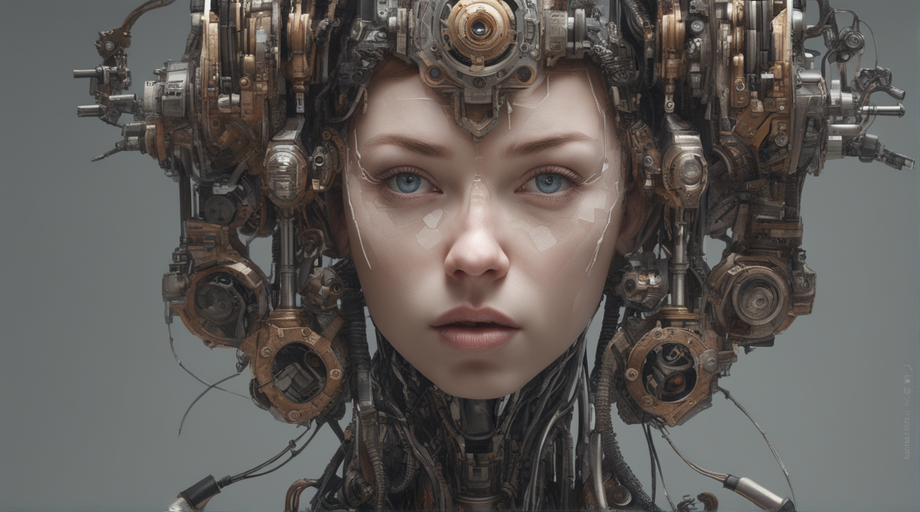
While the future of AI holds immense promise, it’s crucial to consider the ethical implications and potential pitfalls. As AI continues to evolve, individuals and businesses must weigh the benefits against the risks.
AI’s limitless possibilities are undeniable, but harnessing its potential wisely requires a balance between innovation and responsibility. As we step into the AI-driven future, it’s essential to remain vigilant, ensuring that this remarkable technology serves humanity’s best interests.
In conclusion, artificial intelligence is not just a technological advancement; it’s a paradigm shift that is reshaping industries and society itself. The future of AI promises even greater advancements, but it’s our responsibility to navigate this brave new world with care and foresight. As AI continues to evolve, one thing is clear: the possibilities are limitless, and the future is ours to shape.
AI in Everyday Life: A Glimpse into Tomorrow
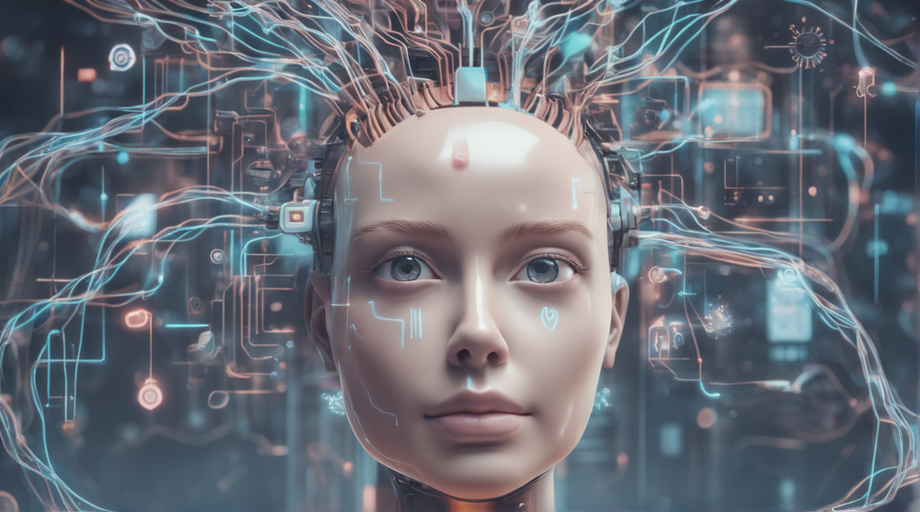
Let’s take a closer look at how AI might become an integral part of our daily lives in the not-so-distant future:
Smart Cities: AI-driven infrastructure will enhance urban living, from optimizing traffic flow to managing energy consumption. Smart cities will improve efficiency and sustainability.
Healthcare Revolution: Personalized medicine, where treatment plans are tailored to individual genetics and health history, will become more commonplace, thanks to AI. Wearable devices and AI-powered diagnostics will enable proactive healthcare management.
Education Transformation: AI will continue to reshape education. Virtual reality classrooms, personalized learning paths, and AI tutors will create engaging and effective learning environments.
Art and Creativity: AI-generated art, music, and literature will be appreciated as genuine creative expressions. AI will collaborate with human artists to push the boundaries of creativity.
Environmental Stewardship: AI will play a pivotal role in addressing environmental challenges. From predicting and mitigating natural disasters to optimizing resource usage, AI will help protect our planet.
AI's Evolution: Beyond the Survey Predictions
While the Oxford University survey provides valuable insights, it’s essential to remember that AI’s development is subject to many factors. Technological breakthroughs, societal needs, and ethical considerations will shape its trajectory.
In addition to the survey predictions, consider the following possibilities:
Advanced Healthcare: AI may contribute to the development of personalized treatments for complex diseases, such as cancer, leading to more effective therapies and improved patient outcomes.
AI in Space Exploration: AI-powered autonomous spacecraft and rovers could pave the way for ambitious space exploration missions to distant planets and celestial bodies.
AI in Climate Change Mitigation: AI-driven models can help us better understand and address climate change by analyzing vast amounts of environmental data and suggesting effective mitigation strategies.
AI and Human Augmentation: The integration of AI with human capabilities, known as transhumanism, could result in enhanced cognitive abilities and new forms of human-computer symbiosis.
AI in Artistic Innovation: AI-generated art could challenge our perceptions of creativity and aesthetics, blurring the line between human and machine-generated expressions.
Recent Posts
Check Our Digital Marketing Services
- Amazon Advertising & Amazon Listing
- Contact Us
- Content Marketing
- Email Marketing
- Facebook Advertising
- Flipkart Advertising & Flipkart Listing
- Get Quote
- Google Advertising
- Google My Business (GMB) Management
- Portfolio
- PPC(Pay-per-click) Advertising
- Privacy Policy
- SEO services in varanasi
- Services
- SMM
- SMO
- Storybook
- Storybook Form
- Storybook Template
- Testimonials
- Website Development
- WhatsApp Marketing
- Work